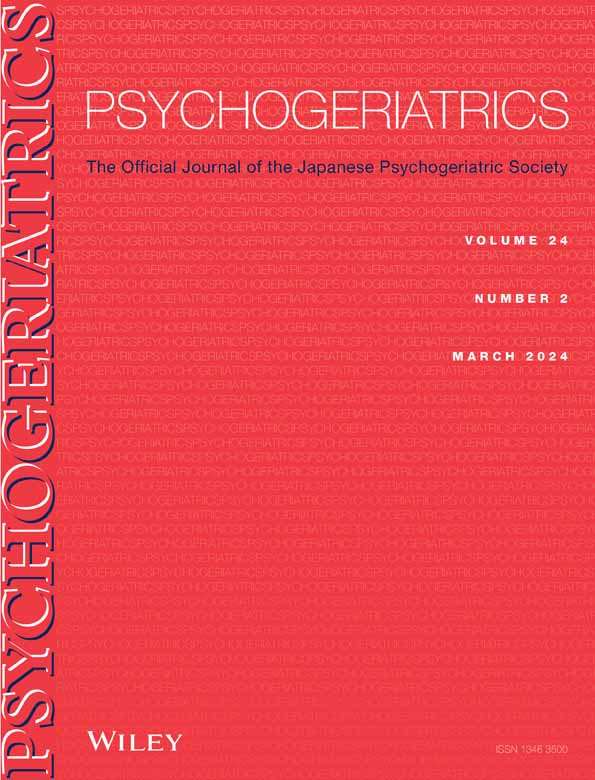Decision-making involvement and onset of cognitive impairment in community-dwelling older care recipients: a 2-year longitudinal study
Abstract
Background
The decision-making of older adults and people with dementia is attracting more attention among healthcare professionals. While cognitive impairment has been examined as a factor related to decision-making, it can also be assumed that involvement in decision-making leads to the maintenance of cognitive function. This study examined the association of the decision-making process with the onset of cognitive impairment.
Methods
We analyzed data from a 2-year longitudinal panel survey of community-dwelling care recipients aged ≥65 years in Japan. The sample included 406 participants who responded to both baseline and follow-up surveys, were cognitively intact at baseline, and had no missing cognitive impairment data regarding onset at follow-up. The status of decision-making involvement was assessed using a single item and classified into four categories: ‘very involved,’ ‘less involved,’ ‘unclear about desired care,’ and ‘having no one to share the decision.’
Results
Among the participants (women, 65.0%; ≥75 years old: 68.2%), the incidence of cognitive impairment during the follow-up was 26.6%. Multivariable logistic regression showed that, compared with highly involved participants, those who lacked clarity about desired care were more likely to develop an onset of cognitive impairment (odds ratio: 5.49; 95% confidence interval: 1.63–18.54; P = 0.006).
Conclusion
Even among cognitively intact care recipients, those who are not able to formulate their desired care may be at risk of cognitive decline. Therefore, support for the decision-making process, not limited to the final decision, is essential to improving the prognosis of community-dwelling care recipients.
Open Research
DATA AVAILABILITY STATEMENT
The datasets of the Tokyo-Akita Study by the U.S.-Japan Collaborative Project on the LTCI system and caregiving analyzed during the present study are publicly available in the Social Science Japan Data Archive repository, https://ssjda.iss.u-tokyo.ac.jp/Direct/gaiyo.php?lang=eng&eid=1402.




